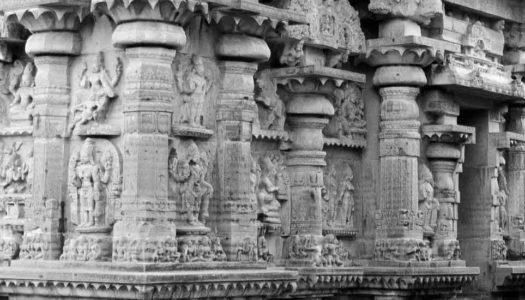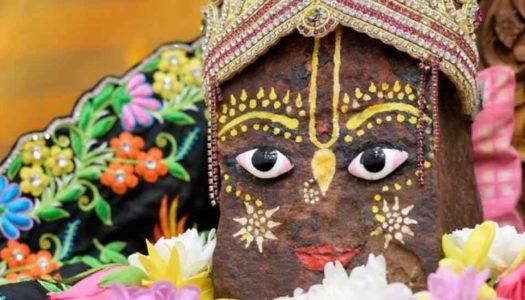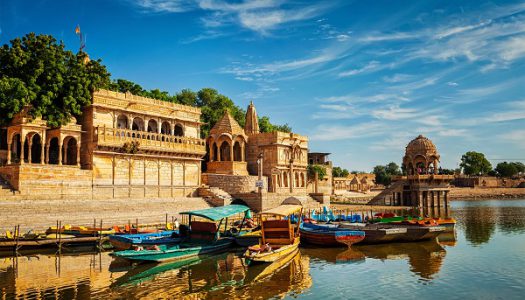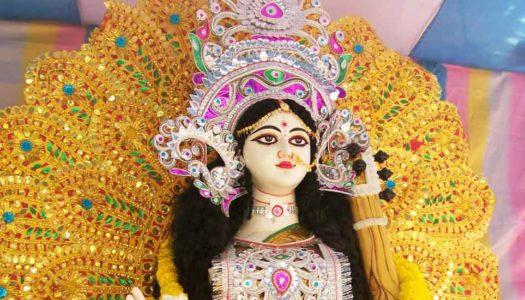Festivities and special occasions in India are mostly governed by the lunar phases. Just like a full moon is considered auspicious, the Amawasya (no moon) has its significance. According to the Hindu calendar, there are 30 Amavas in a year, one of which is Mauni Amavas. Mauni means “of or for silence” and Amavaya means “no-moon day”.
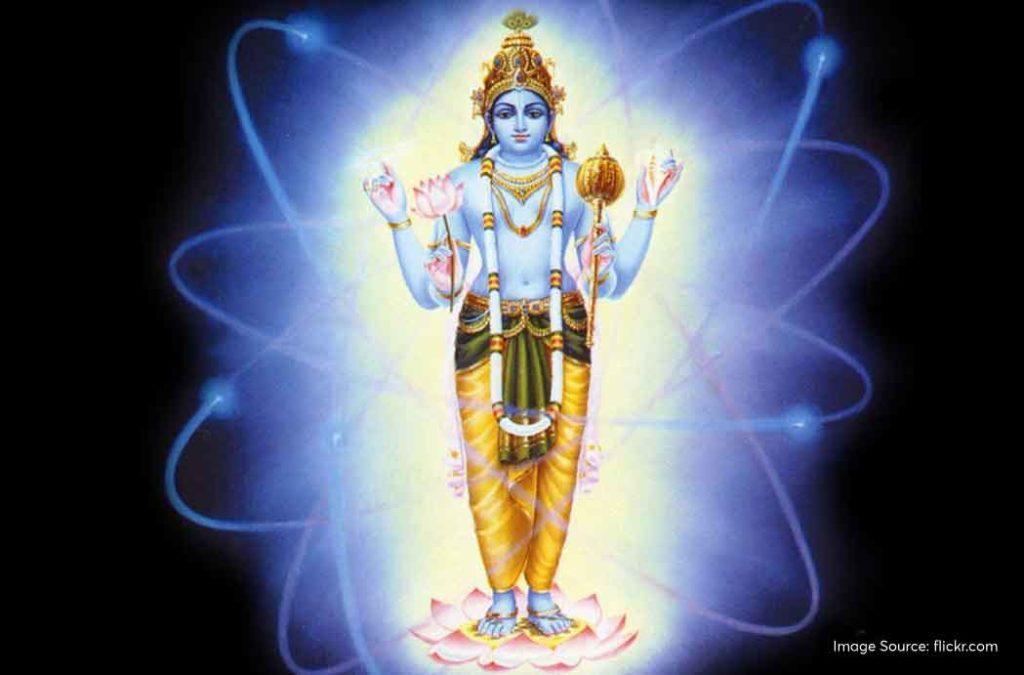
According to the Hindu calendar, Mauni Amavas occur on the no-moon day of the Maagha month (January/ February) when the sun and moon are in the Capricorn Zodiac Sign (Makara Rashi). Devotees observe a vow of silence (Maun Vrat) to cleanse their senses and souls and worship Lord Vishnu, Lord Shiva and the Sun god. The time is also considered auspicious to find peace and calmness and honour the ancestors, therefore you can organise ceremonies like Pitru Dosha puja, take a holy bath in the Ganga river, offer charity and perform prayers.
Let’s discuss more about the dates, timings, history, significance and rituals of Mauni Amavas:
Dates and Timings of Mauni Amavas
According to the Panchang (Hindu Calendar), the Amavas Tithi of Krishna Paksha of the Magh month will start at 7:35 PM on 28th January 2025 and will end at 6.05 PM on 29th January 2025. Therefore, according to Udaya Tithi, Mauni Amavas will be celebrated on 29th January 2025.

The day is considered auspicious for bathing in the rivers and donating at the pilgrimage places. Moreover, since the Maha Kumbh Mela is in Prayagraj from 13th January to 26th February this year, it makes 2025 Mauni Amavas even more auspicious as the third Amrit or Sahi Snan will also occur on the same day. You can explore the places to take a dip in Haridwar or in Uttar Pradesh to take a holy dip in the Ganga River. The Brahma Muhurta for bathing and donation will start from 5:25 AM to 6:18 AM and the Vijay Muhurata will start from 02.22 PM to 03:05 PM on Mauni Amavas.
Furthermore, the day is also considered auspicious to perform Siddhi Yoga which you can perform from morning till 09:22 PM on 29th January. It is believed that Lord Ganesha, the lord of Siddhi Yoga is to be worshipped on Mauni Amavas. You can also worship the ancestors and perform Tarpana, a ritual to offer water to the ancestors and the departed souls. People also perform ceremonies like pind daan, pitru dan and shradh and feed the Brahmins on this day to honour and seek their forgiveness.
Book Budget Hotels in Haridwarr
History of Mauni Amavas
According to Hindu mythology, it is believed that Manu, the Archetypal Man first appeared on the earth on Mauni Amavas. Manu married Shata-Roopa (She of a Hundred Beautiful Forms) and generated humankind. Therefore, the day is considered special to remember and honour our ancestors and those who came before us.
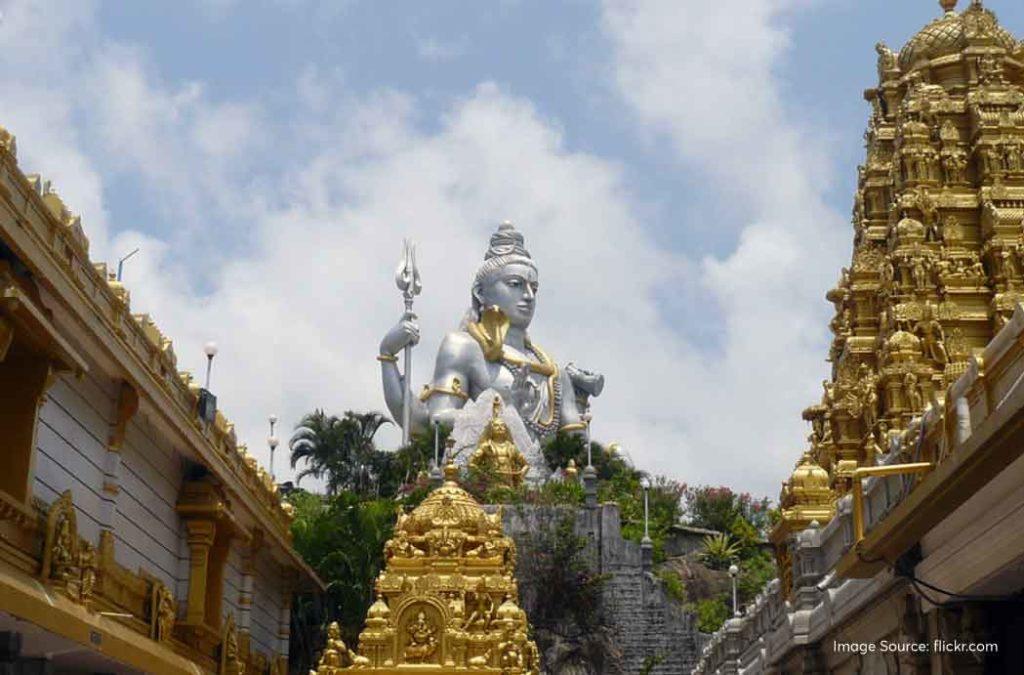
People also pray to Lord Vishnu and observe a fast as it is believed that doing so will nullify any sins. Also, due to the celestial event of the Sun and the Moon being on the same zodiac, there is a significant impact on the emotions, mind and soul of every human being. To overcome the turbulent impact of the Mauni Amavas on their horoscopes, people worship Lord Shiva on the occasion.
Significance of Mauni Amavas
Maun in Mauni Amavas is associated with both silence and saints (muni). Therefore, devotees seek maun vrat on the day and seek the blessings of brahmins, sadhus and their gurus. People wake up early in the Brahma Muhurta, take holy baths, worship divine powers and ancestors and try spiritual cleansing by chanting and meditation. Taking a dip in the Holy Ganga River and at Triveni Sangam in Prayagraj on this day holds significant importance in Hindu Sanatan Dharma.
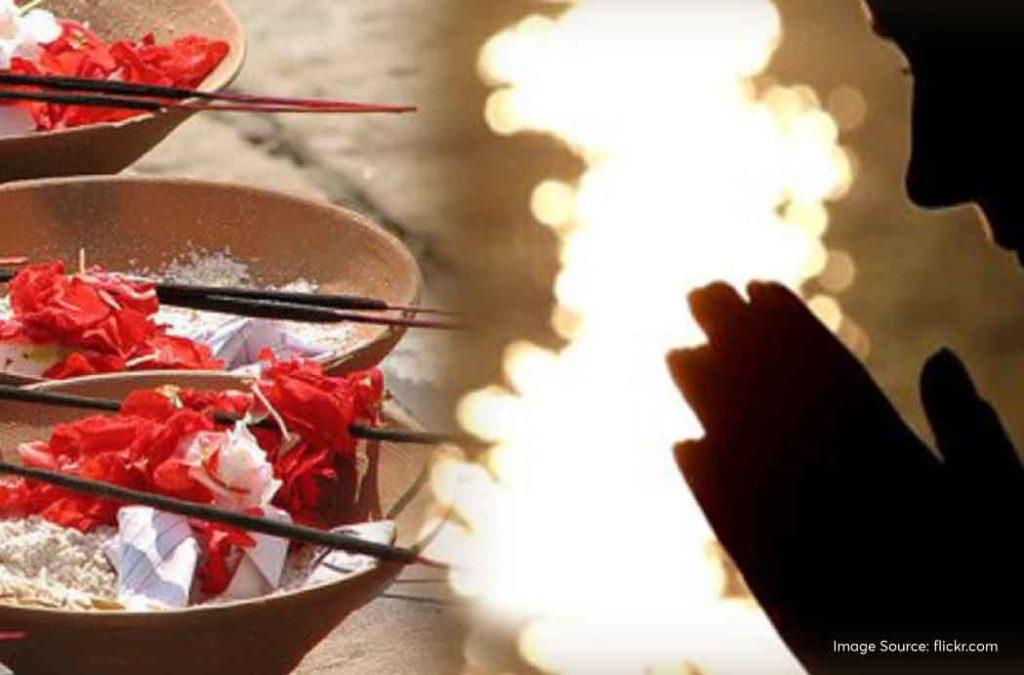
Here are the major significances associated with Mauni Amavas.
- Spiritual Cleansing: Mauni Amavas is associated with silence and inner reflection. On this day, the “maun vrat” or vow of silence is observed to purify thoughts and words. Another way of spiritual cleansing is taking a holy dip in the Ganga river. Also, since this is the best time to visit Haridwar, you can also book hotels in Haridwar or Prayagraj.
- In case, you are unable to visit any of the Ganga ghats, you can add a few drops of Gangajal (holy water from the Ganga river) to your bathing water. According to Sanatan Dharma, the water of the Ganga is a nectar on Mauni Amavas. Bathing in the Ganga is believed to erase sins and attain salvation.
- Pitru Tarpan: According to Hindu mythology, the ancestors come to meet their descendants on this day making it a perfect day to honour them. Rituals like tarpan, pind daan and shradh are performed to remember them, ask for forgiveness and seek their blessings.
- New Beginnings: Since, Mauni Amavas falls at the beginning of spring, the day signifies fresh starts and renewal of spiritual journeys.
Therefore, the Mauni Amavas is all about self-growth, leaving the negatives behind, purification and seeking the blessings of the divine powers and ancestors for a new beginning.
Rituals To Be Followed on Mauni Amavas
Since the day has significance in spiritual cleansing, honouring the ancestors and marking the new beginning, there are some rituals devotees follow on this day to get the maximum benefits.
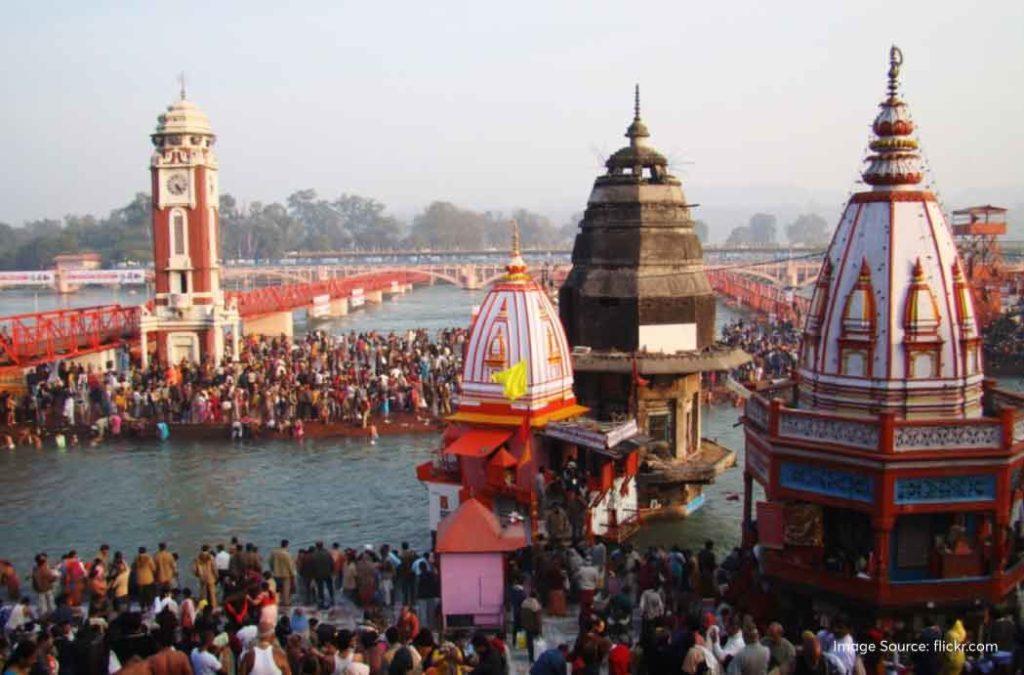
Here are the rituals to be followed on Mauni Amavas:
- Wake up early in the morning and start your day by taking a holy bath either on the Ganga Ghat or adding Gangajal to the bathing water.
- Offer arghya to the Sun God after the holy bath.
- Visit significant worship places like Haridwar and Prayagraj.
- Light a lamp with ghee to honour the ancestors.
- Observe a fast and remain silent which restrain you from false thoughts and cleanses the body and mind.
- Perform ceremonies like pitru tarpan, pind daan and shraad.
- Offer food and other donations to the Brahmins.
- Feed crows, dogs, ants and cows to seek the blessings of ancestors.
- Perform good deeds like reading the Bhagavad Gita, performing Gayatri jap during a hawan, and chanting prayers while performing religious rituals.
- Engage yourself in calming activities like meditation for cleaning your mind and soul.
- Additionally, if someone is affected by Kaal Sarpa Dosha, they can perform a special pooja to neutralise its harmful effects.
What Not to Do on Mauni Amavas
While we discussed various rituals to follow, there are also a few things to avoid during Mauni Amavas to bring in some positivity for the day. Here are those things:
- For maximum spiritual cleansing, avoid lying and remain silent for as much time as you can.
- Avoid being involved in arguments, quarrels and personal grudges to stay away from the negative impact of the occasion. Doing so will help calm the mind and spiritual contemplation.
- Try to remain sattvic and avoid eating non-vegetarian food items.
- Refrain from visiting cemeteries and crematoriums.
- Avoid buying new items or starting a new venture.
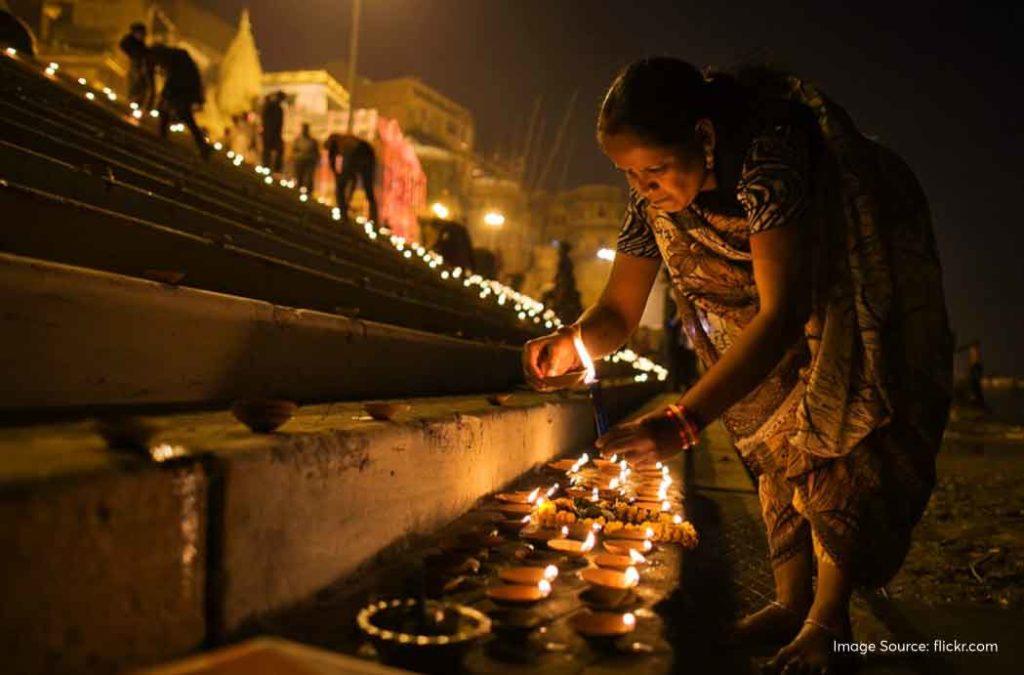
Thus, Mauni Amavas holds great significance for spiritual cleansing, enlightenment and honouring the ancestors. Observing ‘ maun vrat’, worshipping Lord Vishnu, Lord Shiva and Sun God and performing pitru tarpan in different forms helps to seek the blessings of the deities and ancestors. Even if you cannot remain silent throughout the day, it is suggested to refrain from speaking negative words and avoid indulging in any fights. Taking a holy dip in the Ganga River is also considered auspicious, so if you are planning to visit any of the holy places surrounded by the Ganga River, there are various Treebo Club hotels located near the Ganga ghats in Haridwar, Prayagraj and other locations.





















